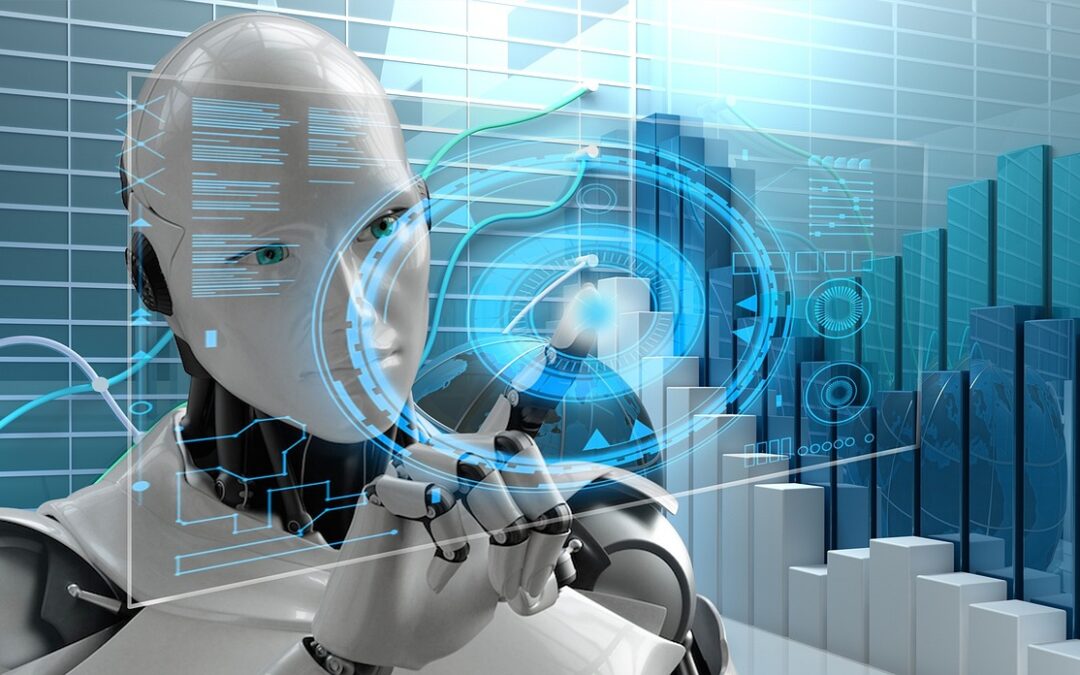An analysis of a generative AI system deployed by 5,000 customer service representatives revealed that these employees saw increases in productivity and retention as well as a decrease in stress. The most interesting finding is that the younger and less seasoned employees benefited the most from this automation.
According to this recently published study from the National Bureau of Economic Research, a nonprofit research organization with headquarters in Cambridge, Massachusetts, customer service employment is ideally suited for generative AI.
Realtors are embracing AI all across the country. As agents learn more about how the technology can impact their business and streamline processes like writing listing descriptions, blog writing and social media posts, the impact on the real estate business is increasing. For this reason, Realtors should be paying attention to this emerging trend.
What is the future of AI?
Customer service is a demanding profession. The publication stated that absorbing customer annoyances while controlling one’s own emotional reaction is a crucial component of an agent’s work. However, generative AI can assist by using customer chats as input and offering recommendations for sympathetic responses and real-time problem solving. According to the study, using generative AI decreased the possibility that consumers would wish to escalate problems to a supervisor.
The study’s authors are Lindsey Raymond, a Ph.D. candidate at MIT Sloan, Danielle Li, an associate professor at the MIT Sloan School of Management, and Erik Brynjolfsson, an economist and the head of the Stanford University Digital Economy Lab.
The company, a Fortune 500 provider of business process software, that agreed to let researchers evaluate the effects of generative AI on its contact center was not named. Work in customer service typically ranges from providing product help to responding to HR inquiries from staff members.
Industry analysts did not find the nearly 14% rise in productivity shocking, but it does have its limits.
Even new construction homes are seeing a rise of technology that often includes artificial intelligence. Electrical and plumbing systems are deploying AI to help identify problems before they happen.
CEO of Creelman Research in Toronto, David Creelman, issued a warning about placing too reliance on a single study. It’s too early to draw conclusions about where and how much of an influence this will have, he declared.
However, he continued, “it does seem reasonable to expect that getting these new technologies to do an average job will be easier than getting them to do an excellent job.” This implies that those who produce below-average or average work, such as new hires, are more at risk than those who accomplish above-average work.
He said that while generative AI can help people avoid mistakes, it “won’t make you a great writer.”
A further statement from the study said, “The AI tool we study is meant to augment — rather than replace — human agents.”
Because of automation, the U.S. Bureau of Labor Statistics projects a 4% drop in the number of customer support workers through the year 2031.
According to Forrester Research research director Ian Jacobs, the company anticipates that generative AI will boost customer team efficiency. The technology, however, is “not yet automating away most human-to-human interactions,” he claimed, citing its accuracy issue.
The biggest productivity boost from generative AI today comes from assisting the people who really provide customer service, according to Jacobs. “At this point, agent augmentation is the name of the game.”
According to him, generative AI can efficiently summarize a body of text, saving agents time and allowing them to go on to their subsequent calls.
According to Ben Eubanks, the chief research officer at Lighthouse Research & Advisory, generative AI “will make HR better and faster, just like chatbots have done.”
Tier-one support inquiries, which are common, commonplace, and simple, can be assisted by generative AI combined with humans. He stated that HR specialists will need to handle the more complicated tier-two demands, which are specialized, one-of-a-kind, and unanticipated.

